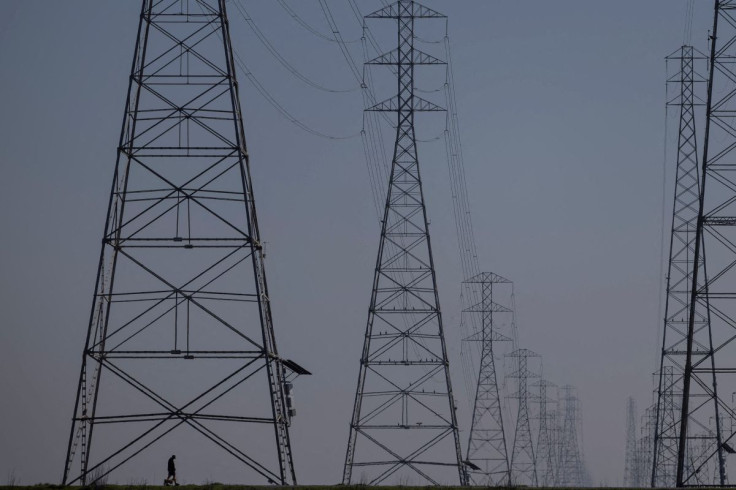Why Are US Power Grids Under Threat, And Who Is Attacking Them?

Four energy substations were vandalized in Washington state on Christmas Day, affecting thousands of customers across the state in the third attack on power grids in the region this month.
The Pierce County Sheriff's Department said four substations were attacked within hours of each other early Sunday. Suspects broke into fenced-off areas of the facilities, vandalized equipment and started fires. Over 14,000 customers were affected.
The attacks happened at Tacoma Public Utilities Substations and Puget Sound Substations.
"We do not have any suspects in custody," the statement reads. "It is unknown if there are any motives or if this was a coordinated attack on the power systems."
On Dec. 8, Oregon's Portland General Electric reported they had experienced an attack on Clackamas power stations in November and are working with the FBI in its investigation into attacks on power stations operated by different providers across Oregon.
"As an essential service provider, we continually strive to strike the right balance between reliability, affordability, and security, and our customer prices reflect reasonable and prudent expenditures," said PG&E senior director of security Eric Barnhart in the statement. "We work to thwart the most likely and significant risks to our system."
Oregon Public Radio reported that six electrical substations were attacked in Oregon and Washington between the end of November and the beginning of December. Guns were fired at two substations. PG&E, the Bonneville Power Administration, Cowlitz County Public Utility District and Puget Sound Energy all confirmed attacks.
The FBI and the Oregon TITAN Fusion center, which works to investigate and prevent acts of terrorism in Oregon, had warned utilities in early December of potential attacks.
On Dec. 3, two Duke Energy substations were attacked with firearms in North Carolina, knocking out power for over 45,000 people. A similar attack occurred in South Carolina on Dec. 7.
The attacks are under investigation to see if they are related.
Politico noted that 2022 saw the most physical and cyber attacks on national energy infrastructure since 2012. Federal documents examined by Politico found that through August 2022, there were 101 attacks on the nation's power grid. By comparison, there were 97 attacks in all of 2021.
Authorities have not yet identified suspects in the North Carolina attack, but investigators have been researching all potential motives and said the locales were "targeted." Some on social media have speculated the North Carolina attack could have been intended to shut down a drag performance. The scheduled event "Downtown Divas" received threats for weeks and was protested by far-right activists, NBC News reported.
In February, three men in Ohio were found guilty of conspiring to plot an attack on the nation's power grids and investigators fear others are following their lead.
The Department of Justice said the men each pled guilty to one count of conspiring to provide material support to terrorists. The men met in an online chatroom in 2019, and their actions were reportedly motivated by white supremacy and neo-Nazi ideology. The larger plan was to attack power grids in critical regions in the U.S. to cause a rise in civil unrest and potentially cause a race war and hasten economic decline. They each face 15 years in federal prison when sentenced.
"These defendants conspired to use violence to sow hate, create chaos, and endanger the safety of the American people," said U.S. Attorney Kenneth L. Parker for the Southern District of Ohio in the press release. "As this case shows, federal and state law enforcement agencies are dedicated to working together to protect this country against all enemies, foreign and domestic."
As the Biden administration looks to expand the national power grid to include more sustainable energy options, some are concerned the power grid will become more vulnerable.
"And so how do you ensure that a solar field in the middle of the country is adequately protected?" Emile Thompson, Chair of the D.C. Public Service Commission, said to Politico. "Same issue you would have with some type of power plant, but now you just have many more smaller assets."
© Copyright IBTimes 2024. All rights reserved.




















